How to stop your dogs waking up too early, by top trainer Ben Randall
An unwanted early morning wake-up call from her dogs is the problem faced by our reader this week.

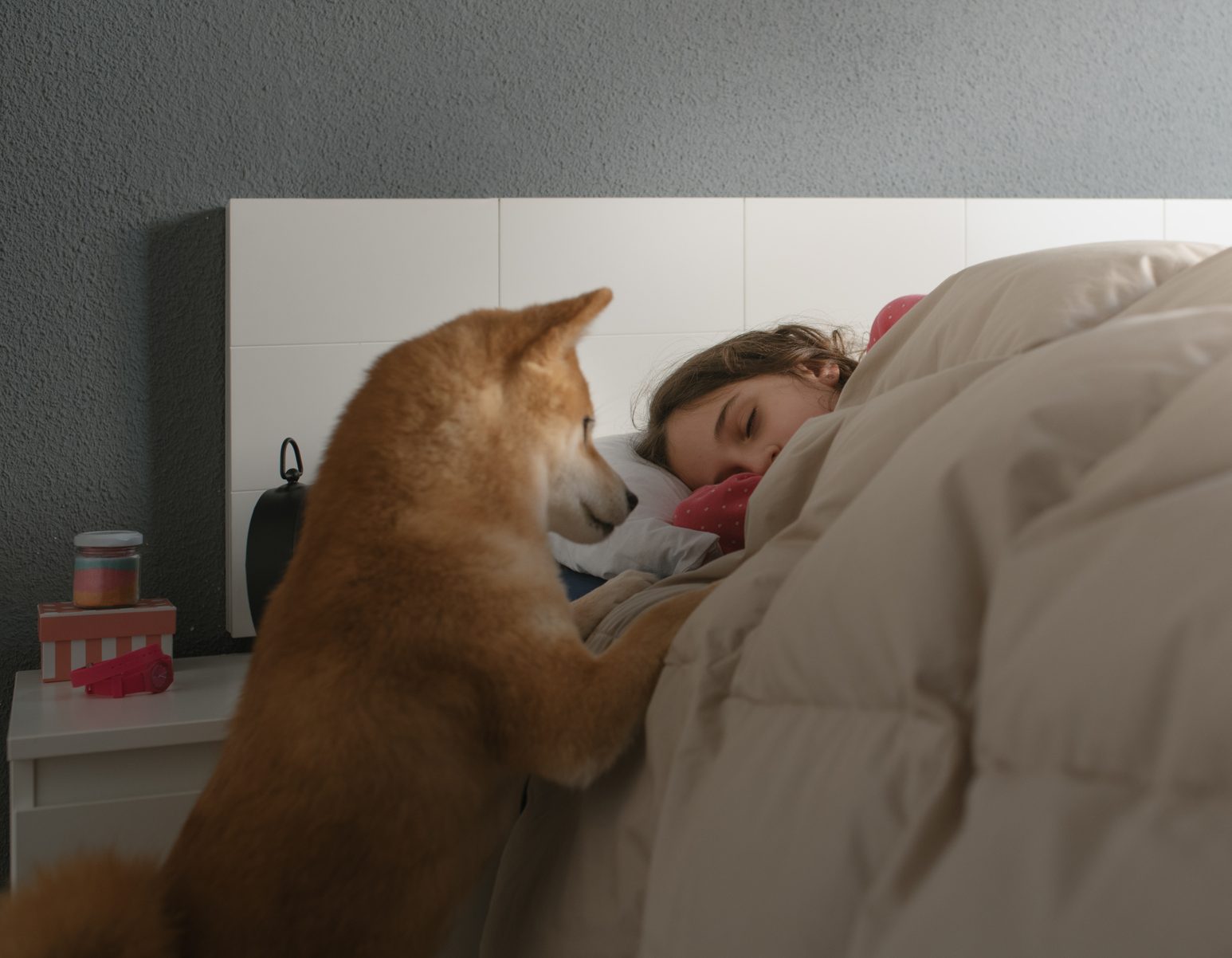
When you bring a new puppy into your home, everyone expects a few early morning and late night wake-up calls — it’s all part and parcel of your dog growing up, toilet training and learning your particular house rules and routines. But what do you do when your older dogs suddenly take it upon themselves to start agitating to go out earlier and earlier in the morning?
This is exactly the dilemma being faced by R.H. from Cheshire, who has written to us via our paws-for-thought@futurenet.com email address to ask how to tackle her two veteran Border terriers’ desire to get up and get on with the day shortly after dawn.
Dear Ben, My two elderly Border terriers (aged 10 and 12), who are in good health — although the eldest one is deaf — have recently elected to wake up and howl anytime from 5.45am. I go downstairs to let them out for a pee and, when they come back in, they will usually settle for about an hour or so, before getting restless again. We are trying to address this by changing their meal times. I ensure they have their breakfast as usual at about 7.30am, but have started to split their evening meal, so that they have half at 6pm and then the other half when we (and they) go to bed. Have you any suggestions, please?
My wife, Nikki, and I are the proud owners of a Border terrier called Lady Tweed — many of you may have seen her in some advertisements for Le Chameau dog products. She is eight years old and our perfect family companion. In fact, I’d even go so far as to say that, as we have two sons, Tweed is the daughter that my wife never had. With dogs of this age, it can be extremely hard to alter a recently adapted pattern of behaviour. However, there are a few ways in which we could potentially resolve or improve this issue.
I’ve been perfecting my BG (Beggarbush) foundation methods for nearly 20 years and understand that even experienced dog owners come up against unexpected problems that they are not sure how to handle. However, with a little time and patience — as well as the reteaching of some commands — I’m sure we can help you to re-establish a less tiring morning routine for you and your Border terriers. You can learn more via @beggarbush on Instagram and my dog-training app (this link will let you get a free trial) or ask me your own question by emailing paws-for-thought@futurenet.com.
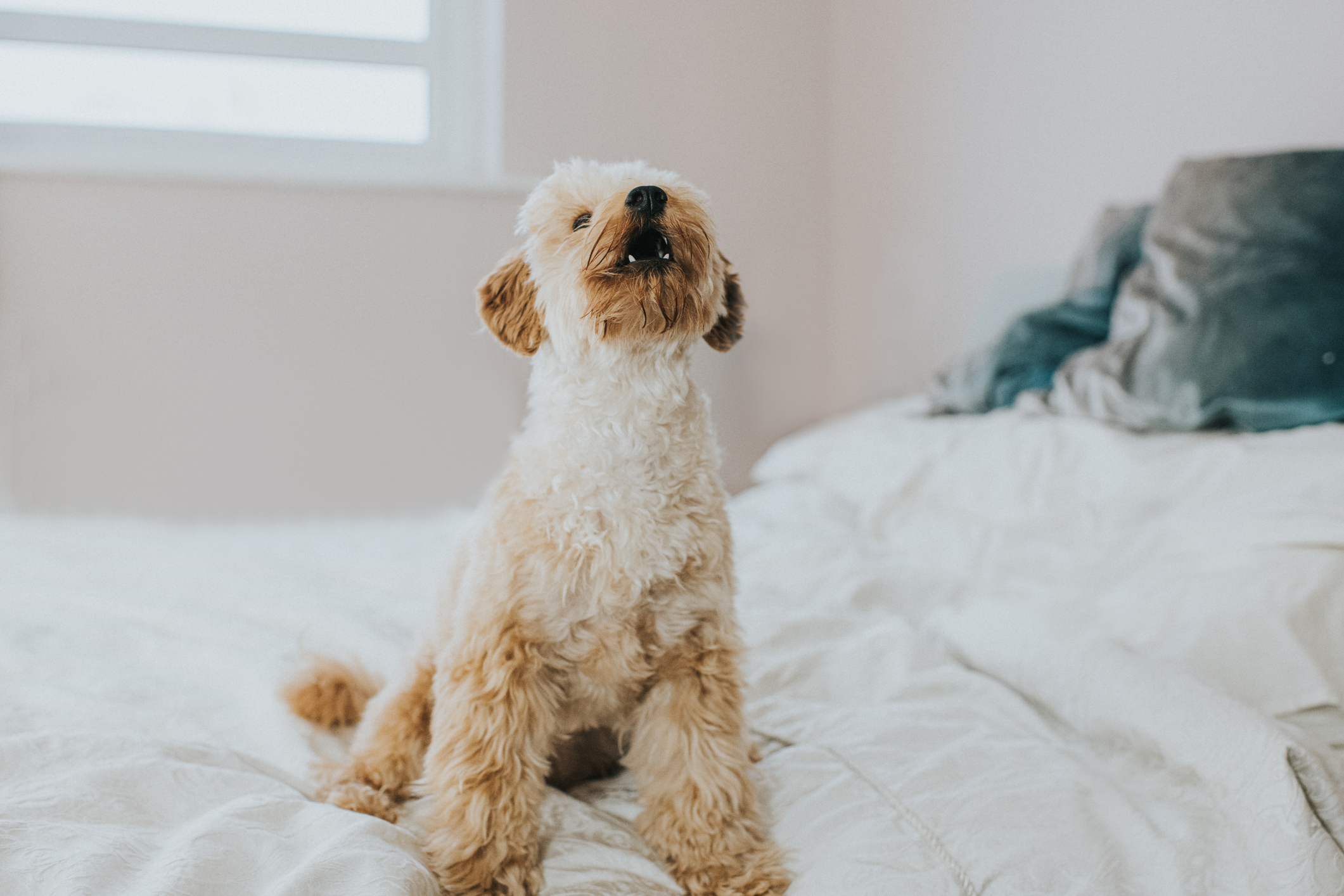
One final note before we move on to the tips: you haven’t mentioned this is your letter, but a thought from a medical perspective is that if the dogs are peeing on the floor, and hence barking, it might be that they're unable to hold themselves from going. If this might be the case then a visit to the vet to check that there are no underlying issues is the best bet. It could potentially be that some medication would be prescribed to allow them to hold themselves longer.
Ben’s six top tips for stopping your dog getting up too early
1. Make sure their sleeping area is quiet and dark
Firstly, are the dogs in a room with all lights off and curtains pulled and not in a room within the house, where a neighbour or a milkman, etc, could potentially wake them up? Because, when dogs are waking increasingly early, this is often the problem.
2. Are you rewarding their behaviour by letting them out when they howl?
I fully understand that, if your dogs wake up and start howling, that your first instinct will be to go downstairs, greet or talk to them and then let them out so they can go to the loo. However, ask yourself if, being this, you are rewarding them for their behaviour?
Exquisite houses, the beauty of Nature, and how to get the most from your life, straight to your inbox.
Alternatively, you could choose to roll over and ignore the howling and noise, but then you definitely can’t get back to sleep and will no doubt start to get stressed and upset about it. Your dogs would be distressed and upset if you did that, too, and probably make an even louder racket, which could then upset your neighbours.
3. Teach the ‘leave’ command so they know the yowling is not acceptable
Rather than just leaving to their own devices and hoping that they will eventually quieten down, I would get out of bed very quietly and approach the dogs’ room in stealth mode, open the door in mid-bark or mid-howl and give a firm ‘leave’ command (which will need teaching) and the ‘in’ command to indicate that they need to go back into their bed). Then close the door and go back to bed.
After a few mornings spent correcting their behaviour in this way, the dogs will soon come to realise that there is no reward for shouting and hollering for your attention.
4. Remaining calm and introducing patience training is key
When you decide it’s an appropriate time to get up and go downstairs, try to walk into the kitchen area and greet the dogs calmly, but be sure to introduce some patience training (for example, asking them to wait while you open the door) before you let them out to go to the toilet. Also, when you call them in for their food, ask them to sit patiently in front of their bowls and only allow them to eat after you have called them individually by their names.
You can still do this with your older, deaf dog, by using hand signals and indicating that, once he or she has waited for a while, it’s ok for her to eat from her bowl. In doing all this, you will start to create a new, positive routine and, hopefully, within a few days, you will start to see a marked improvement in their behaviour and response to your commands.
5. Routine pays dividends
Indeed, developing a more structured routine can really help to improve your partnership with your dogs, even those that you have had for a long time. I’m really used to seeing yipping and yapping Border terriers, who — once you open the door into the kitchen in the morning — greet you with that typical Border squeak. They then charge at the back door to be let out and, once you open the door, they rush out to chase — and bark manically — at every blackbird they can find. But I guarantee that you can curb a lot of this excitement by instilling a few basic commands and rituals.
6. Use meal times wisely and offer a bedtime biscuit
You are doing the right thing by maintaining the time of the feeding of their breakfast, but I don’t think you need to split their evening meal — feeding twice a day should be fine. However, in order to build on your new, positive late night and wake-up routine, you could give them both a biscuit reward before their last bedtime, as a reward for going to their beds and (hopefully) sleeping soundly (and quietly) right through to your preferred 7.30am wake-up time. Good luck and let me know how it goes!
For more detailed advice about Ben Randall’s positive, reward-based and proven BG training methods, one-to-one training sessions, residential training or five-star dog-boarding at his BGHQ in Herefordshire, telephone 01531 670960 or visit www.ledburylodgekennels.co.uk. For a free seven-day trial of the Gundog app, which costs £24.99 a month or £249.99 a year, visit www.gundog.app/trial
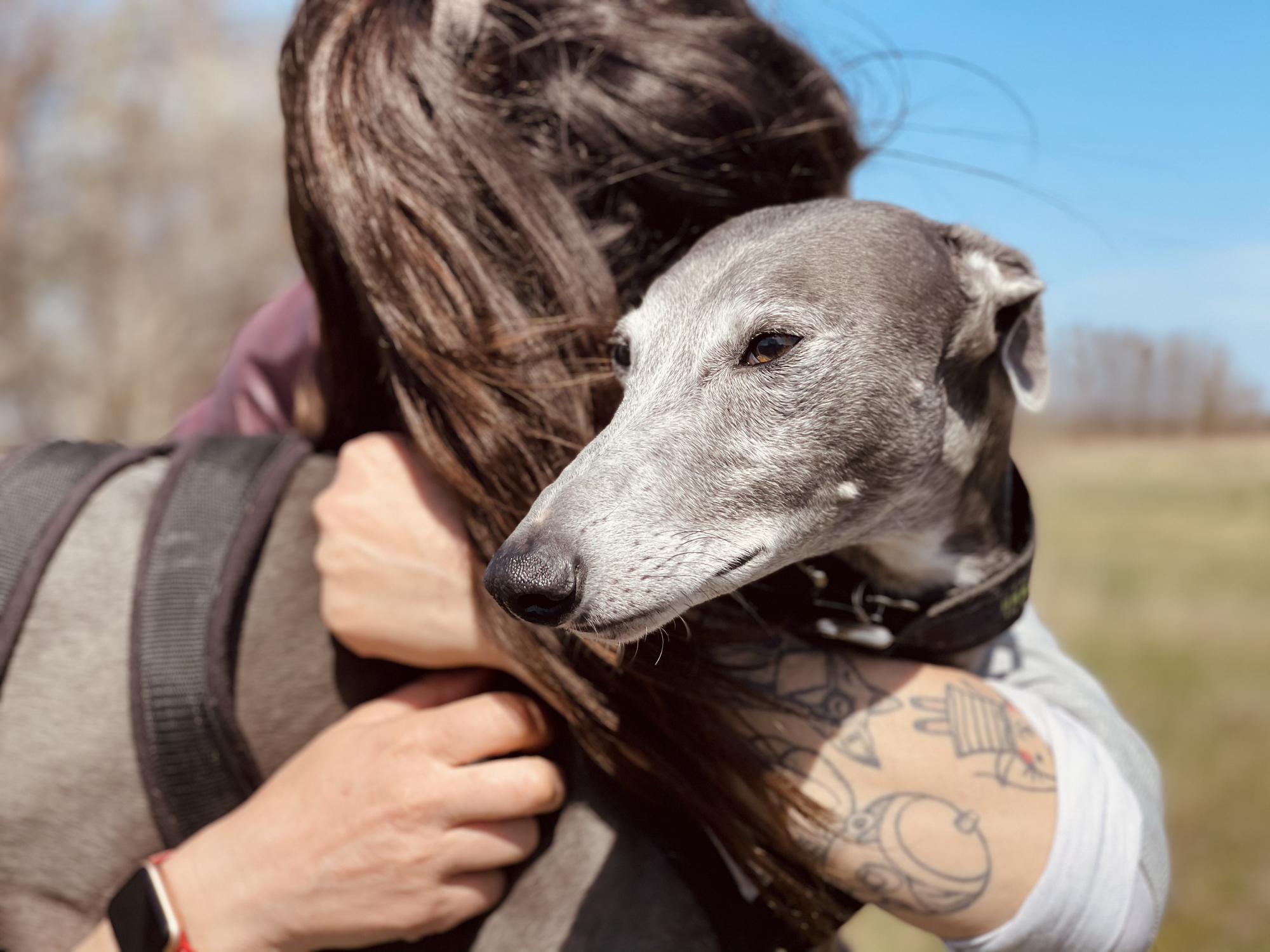
Credit: Getty Images/EyeEm
How to help a dog who's scared of going places in the car, by expert trainer Ben Randall
A retired greyhound with an unknown past is the subject of this week's advice article from our resident dog whisperer
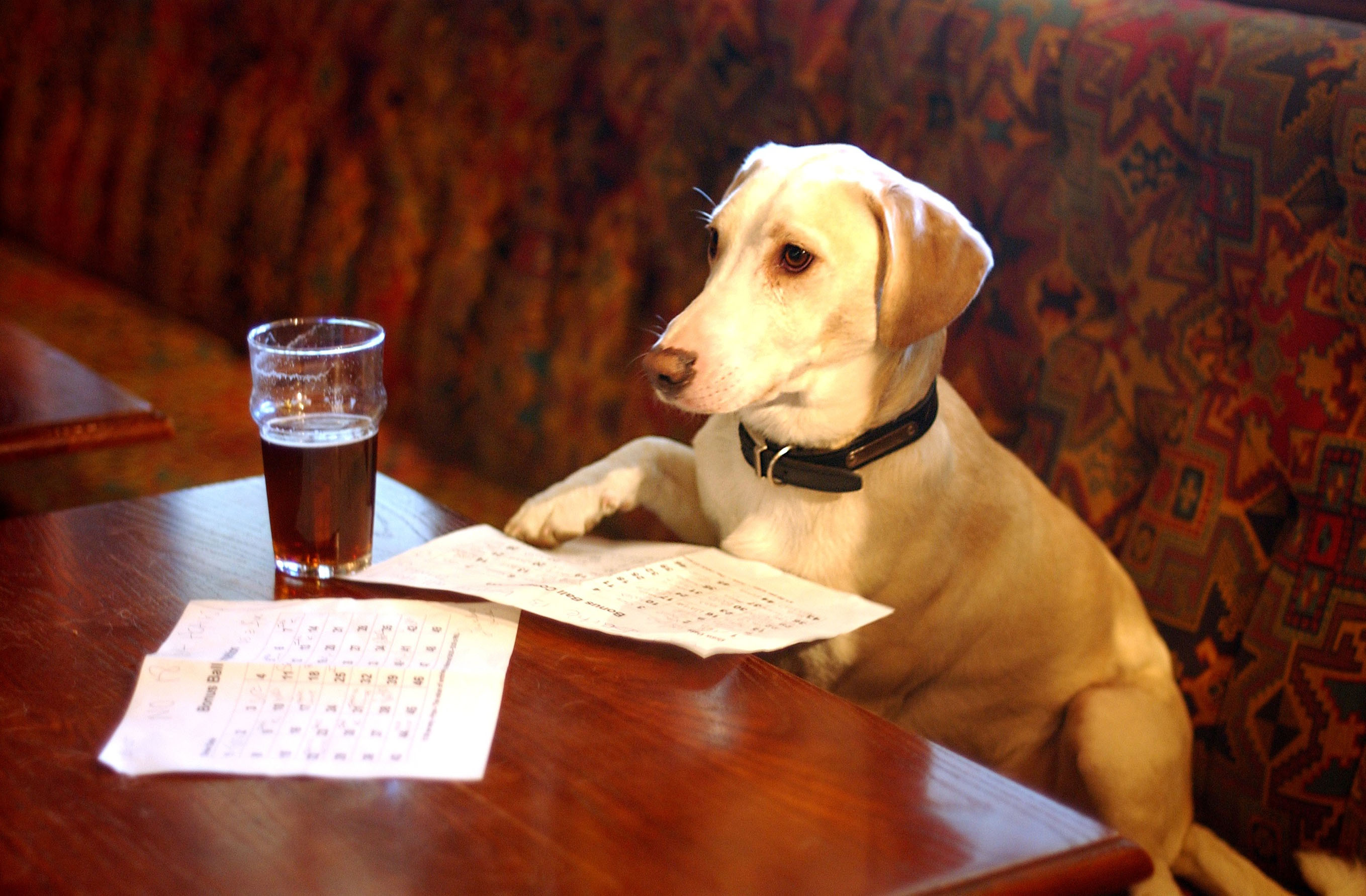
Credit: Alamy
How to take your dog to the pub, by expert trainer Ben Randall
Enjoying a drink in a lovely country pub with your dog snoozing quietly at your feet is one of the

Credit: Getty
How to introduce a puppy to your cat, by expert dog trainer Ben Randall
Introducing a dog to a cat can be nerve-wracking, but get it right and the two of them can get

Credit: Alamy Stock Photo
How to stop a dog chasing cars: Six tips from top dog-trainer Ben Randall
Watching your dog run after traffic can be heart-stoppingly scary — but it's also a difficult habit to break. Ben Randall,

Ben Randall: Ask Country Life's canine agony uncle a question about your dog
Over the past two years our award-winning dog trainer Ben Randall has been sharing his advice with Country Life readers.
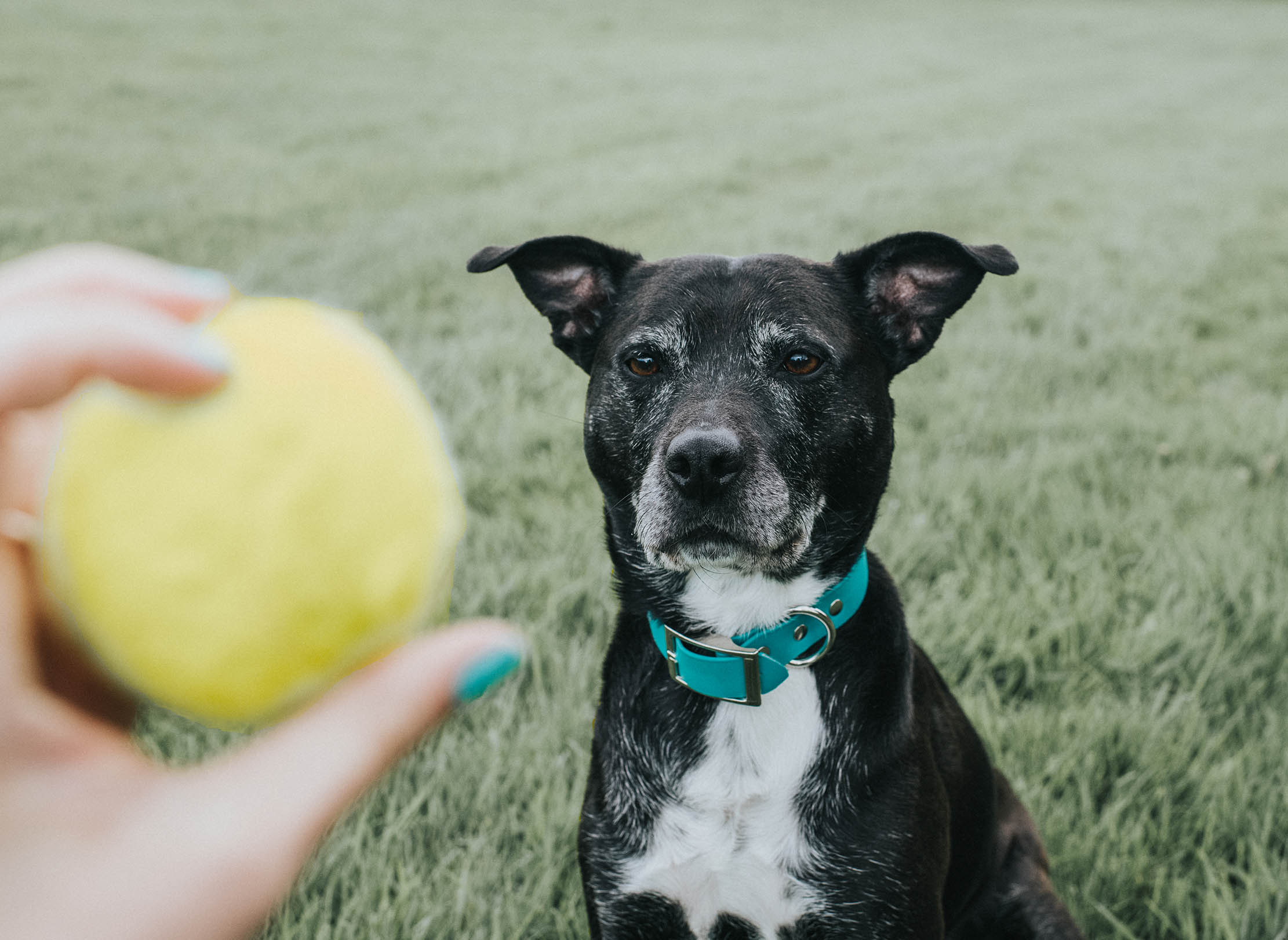
How to get your dog to play fetch, by expert trainer Ben Randall
There are plenty of dogs who'll run all day playing fetch, or who'll do anything for a bit of kibble.
